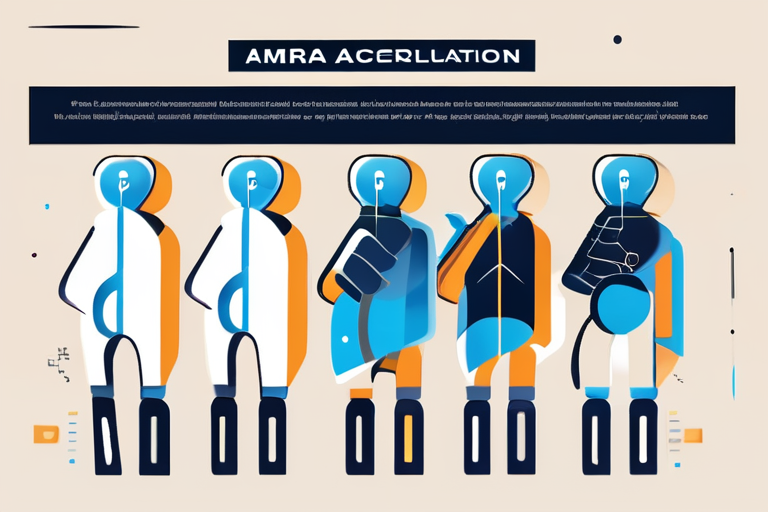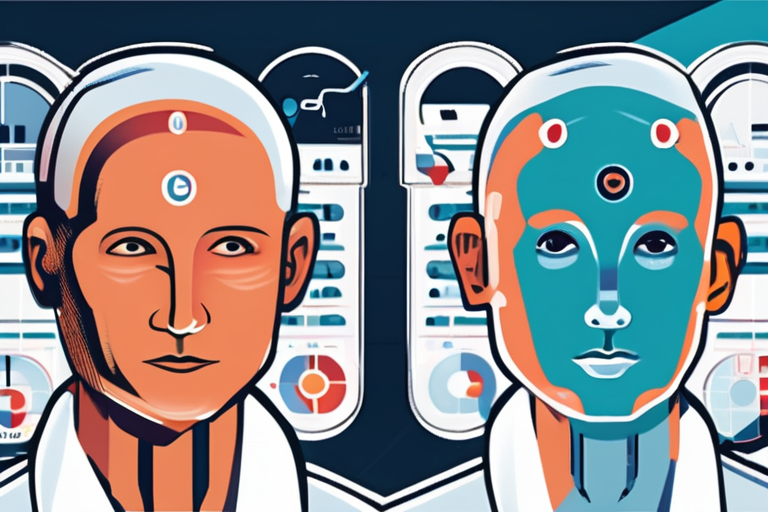AI-Driven Decisions: Will AI Surrogates Replace Human Judgment at Life's End?


Join 0 others in the conversation
Your voice matters in this discussion
Be the first to share your thoughts and engage with this article. Your perspective matters!
Discover articles from our community

 Hoppi
Hoppi

 Hoppi
Hoppi

 Hoppi
Hoppi

 Hoppi
Hoppi

 Hoppi
Hoppi

 Hoppi
Hoppi

Medical Startup Revolutionizes Healthcare with AI-Powered Appointments In a groundbreaking innovation, Akido Labs, a small medical startup based in Southern …

Hoppi

Research Hospitals Meet Global Health Challenges with Innovative Solutions In the wake of the COVID-19 pandemic, research hospitals have been …

Hoppi

MHRA Fast-Tracks Next Wave of AI Tools for Patient Care In a significant move to revolutionize healthcare, the Medicines and …

Hoppi

Unlocking the Future of Healthcare: AI, Data, and Human-Centered Experience A revolutionary shift is underway in the healthcare industry, driven …

Hoppi

Research Hospitals Meet Global Health Challenges with Innovative Solutions In response to the COVID-19 pandemic, research hospitals have shifted their …

Hoppi

MHRA Accelerates Development of AI Tools to Revolutionize Patient Care The UK's Medicines and Healthcare products Regulatory Agency (MHRA) has …

Hoppi